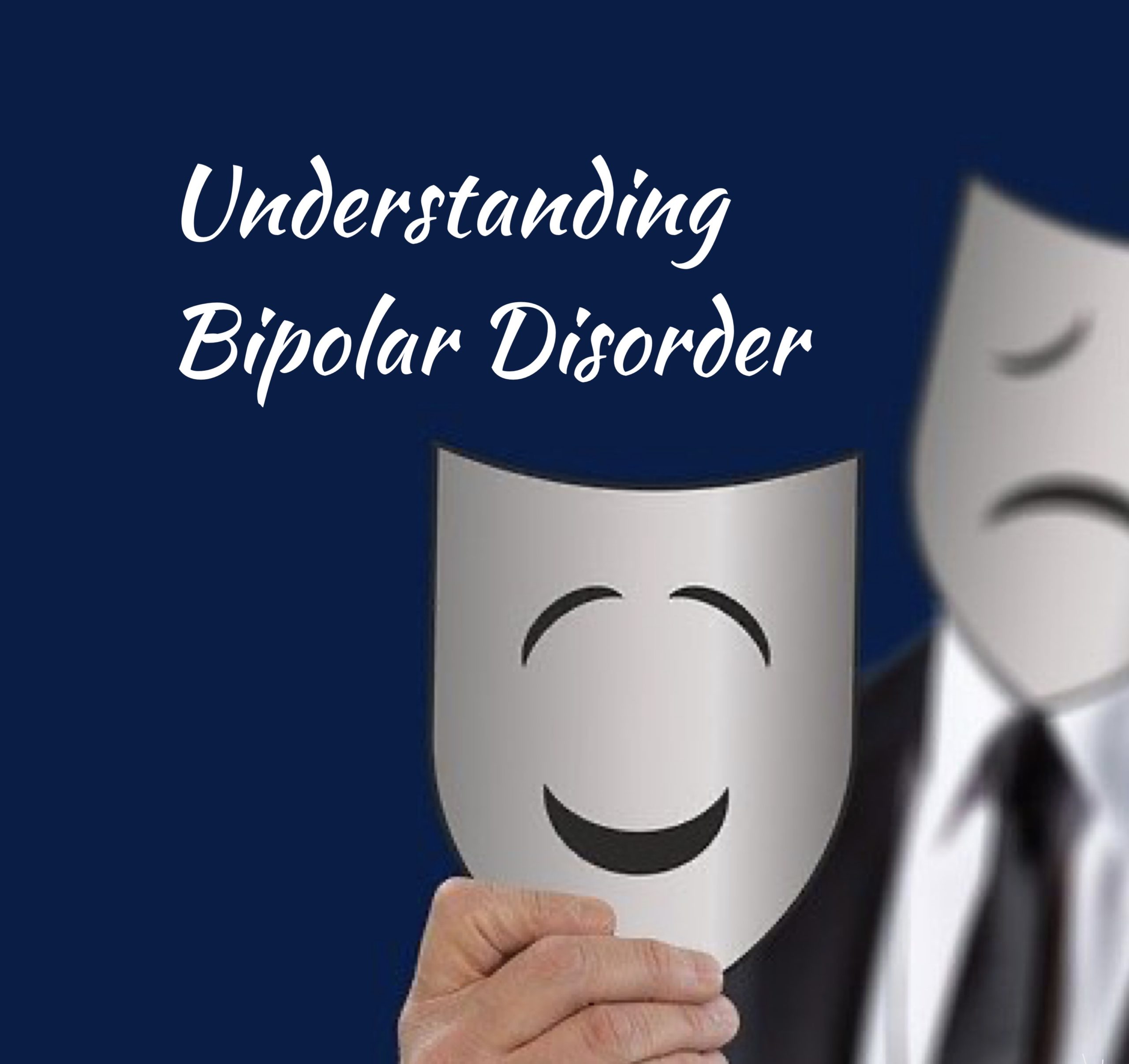
Understanding Bipolar Disorder
During the last part of Mental Health Awareness Month, we will focus on one of the commonly misunderstood mental health disorders; bipolar disorder. It’s used to describe a person’s mood swings. While mood swings in some way are a part of the disorder, it is not a complete indicator of this illness. It takes an expert to truly help the person who is has bipolar disorder. When awareness is created, people can better understand those with it.
What is it?
Bipolar disorder is more common in adults. While it does occur in children, this is the type of disorder that is often triggered after adolescence. Additionally, unlike what is normally viewed as a “mood swing” a person with bipolar disorder will have a long episode of a high mood- a week or more- and then a long episode of a low mood. These moods are very intense and are labeled as “manic” and “depressive” episodes.
Manic
When people with bipolar disorder are in a manic state, they make very risky or indulgent decisions. They rarely sleep and often start projects without finishing them. They are more creative, euphoric and can even seem pleasant to be around. On the other hand, some are not happy and upbeat but irritable and suicidal. They have the energy to accomplish whatever they want, good or bad. Pressured talking is another symptom. The person will talk incessantly without letting you get a word in. Even if you try to respond, they may just talk over you. This is different than someone who is just normally a chatty person. Someone with bipolar disorder will be significantly chattier during that manic stage.
Depressive
The depressive state can look like typical depression or worse. The person may not leave their bed for days. Even if they do, they may be extra tired as they try to accomplish small things. This state can be very difficult because it can interfere with work, school and relationships. They feel like they can’t enjoy anything they used to be able to. They are forgetful and can’t seem to focus on anything.
This disorder can be debilitating and is difficult to understand if you haven’t experienced it. It’s important to still be compassionate toward someone who is.
If you or someone you know would like to get an assessment for a mental health disorder, we can help. There are mental health professionals that you can connect with virtually through Telehealth. They’ll work with you every step of the way and connect you with online support groups. Learn more about our mental health programs.
Source: https://www.nimh.nih.gov/health/topics/bipolar-disorder/index.shtml
